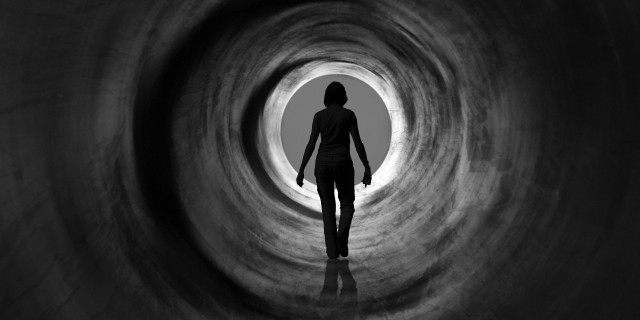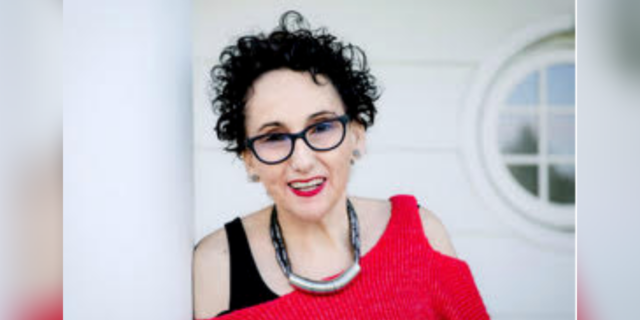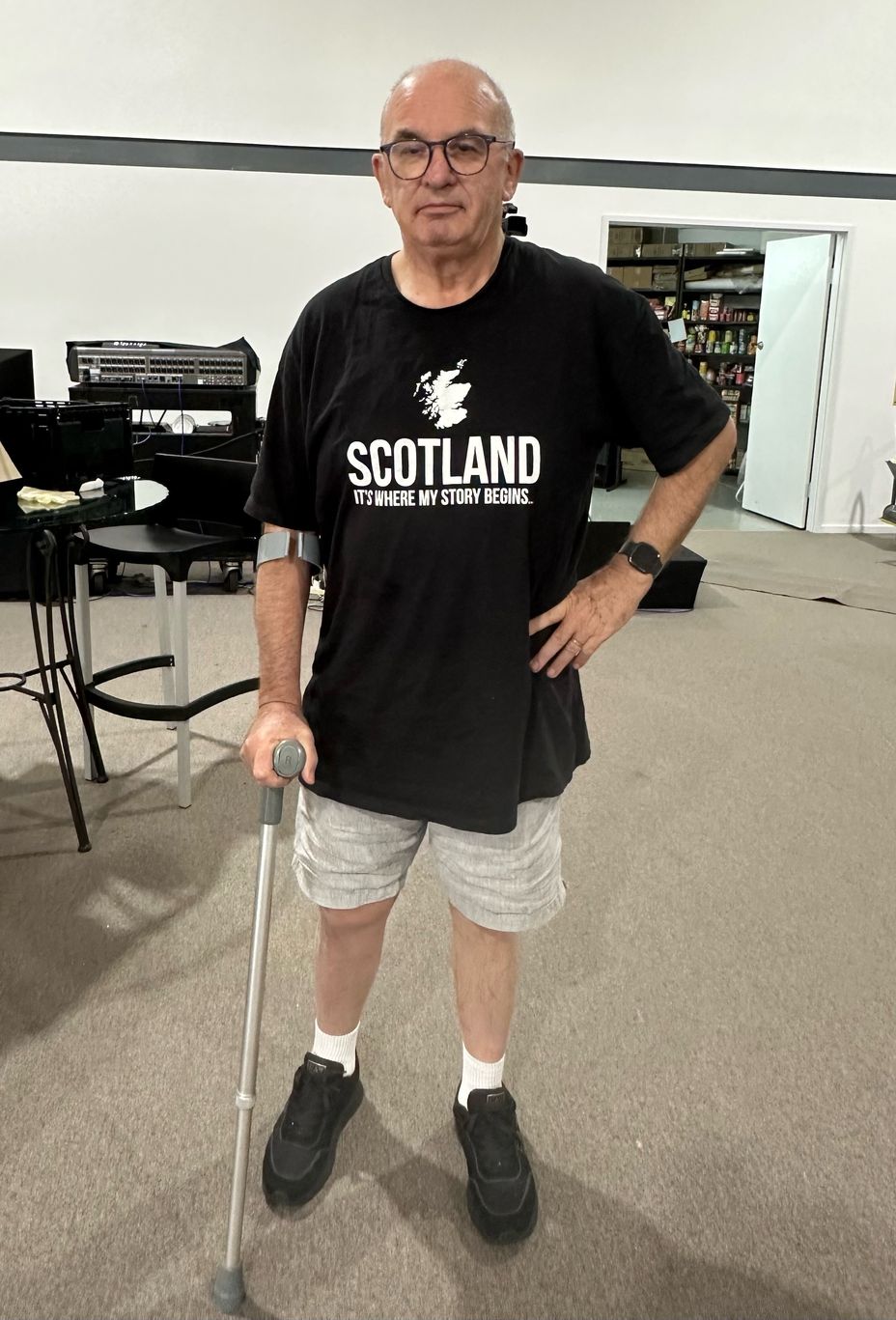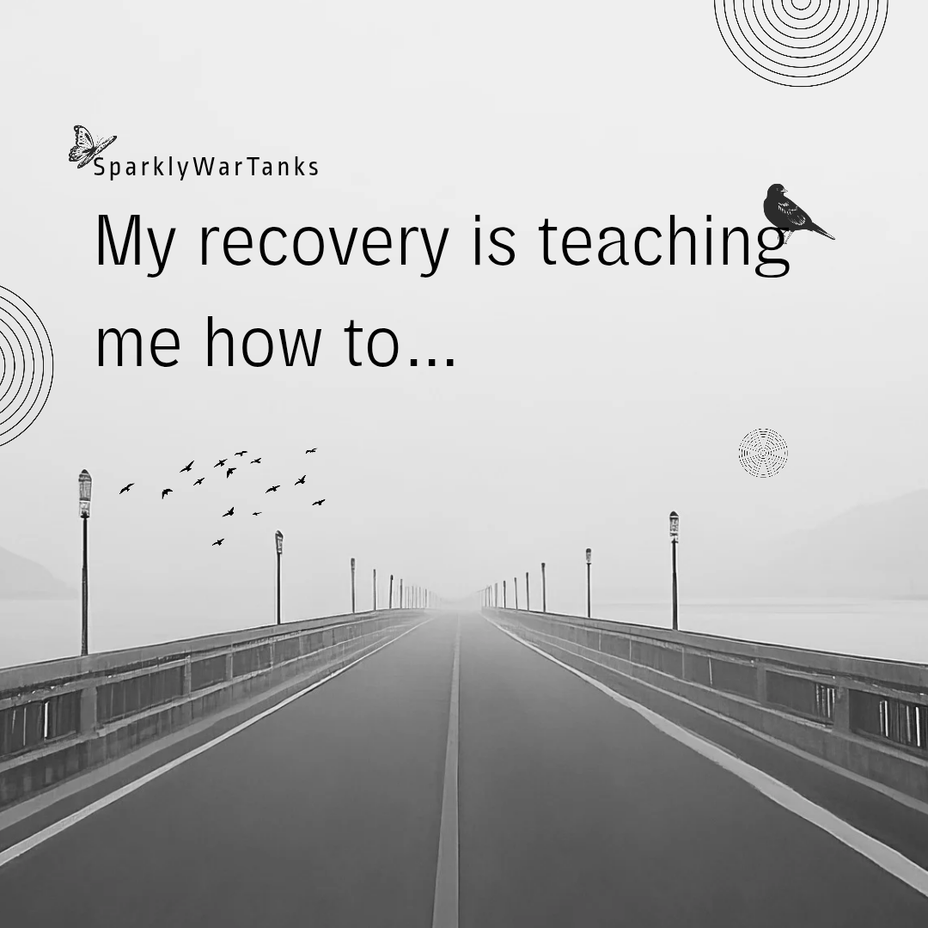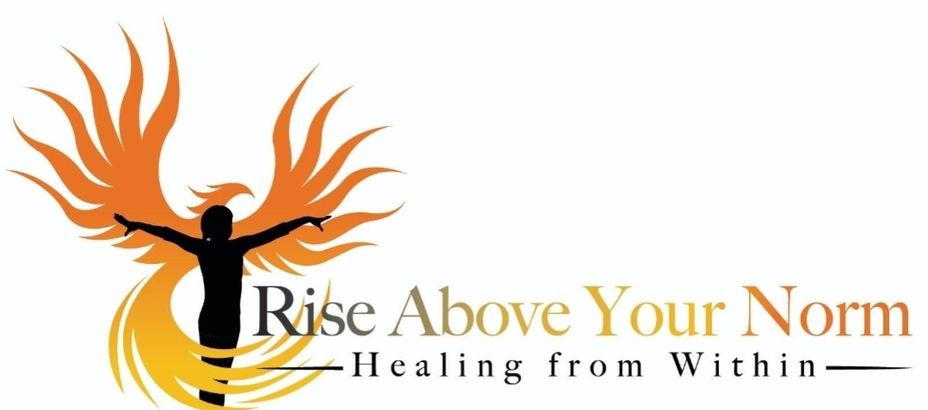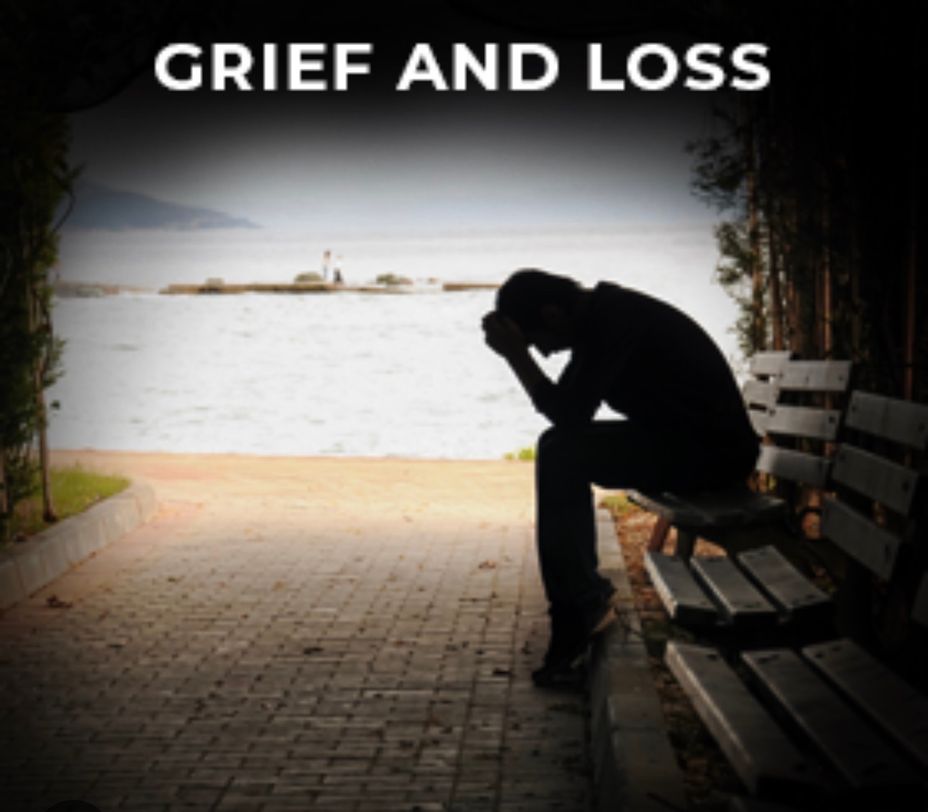I am: Deserving
I am deserving of all the good that life has to offer.
For decades, I didn’t believe it. I measured my worth by what I endured, by how much I gave, by how well I survived. I learned that goodness had to be earned through suffering. Pain became proof. I held it close, convinced that survival alone justified my place.
I remember mornings in the quiet house, tea gone cold, replaying every failure. I remember declining a dinner invitation because I hadn’t finished enough work that day, as though companionship had to be earned through productivity. My mind whispered that I was only entitled to struggle, that joy was reserved for those who hadn’t stumbled. For years, I listened.
But slowly, I began to notice moments that didn’t fit: a sunrise that caught me unaware, a friend’s laughter spilling across a room, a smile from someone who owed me nothing. These moments weren’t rewards. They were just good. They existed outside merit, beyond suffering.
I began to unlearn.
I noticed the ways I resisted joy, how I held back anticipating disappointment. I wasn’t practicing gratitude; I was preparing for debt, expecting any ease to be balanced with pain. But good things are not contingent, and joy does not require proof. Love is not a punishment waiting to be collected.
I do not need to prove myself to receive. I do not need to demonstrate resilience or perfection to earn a warm cup of coffee, a quiet afternoon, or a conversation that lingers into laughter. Being here, continuing, choosing to live with intention: this is enough.
There are still mornings when this belief feels fragile. I flinch at ease, waiting for loss to follow. But each time I linger in the warmth of kindness or the brilliance of a sunset, I practice receiving without guilt. I open my hands, not in expectation but in readiness, and I let life arrive as it will.
This is a quiet liberation: understanding that goodness is not a reward but part of the rhythm of living. It is as natural as breathing, as necessary as water, as rightful as the space I occupy. The world does not tally my struggles to calculate my share of happiness. Good things arrive, unbidden and unearned, when I allow them.
So I practice. I take joy in small things. I let moments linger. I smile at nothing. I answer kindness with acceptance rather than suspicion. I breathe in the world as it comes, understanding that life’s goodness is not conditional, and neither is my right to it.
This practice has become essential to my wellness. For years, I approached self-care as penance, something to fix what was broken rather than nurture what was whole. But recognizing that I deserve goodness shifts everything. When I begin my day affirming my worthiness, I stop treating rest as laziness and joy as indulgence. I allow myself nourishment without guilt, boundaries without apology, pleasure without justification.
It transforms how I move through the world, making space for what sustains me: the morning walk I take not to earn my breakfast but because my body deserves movement and light; the time I spend reading, creating, or simply sitting in stillness because my mind deserves peace; the relationships I cultivate because connection is a fundamental human need, not a reward for good behavior.
Wellness, I have learned, is not about perfection or punishment but about tending to myself with the same compassion I would offer a friend. It begins with this single, revolutionary belief: I am deserving of care, of kindness, of all the good that life has to offer.
#MentalHealth #MentalHealthAwareness #Depression #BipolarDisorder #Recovery #Selfworth #Selflove #Healing #PersonalGrowth #Mindfulness #resilience #mentalhealthmatters #Endurance #Joy #Gratitude #wellness #LifeLessons #innerstrength #Survivor #EmotionalHealth

